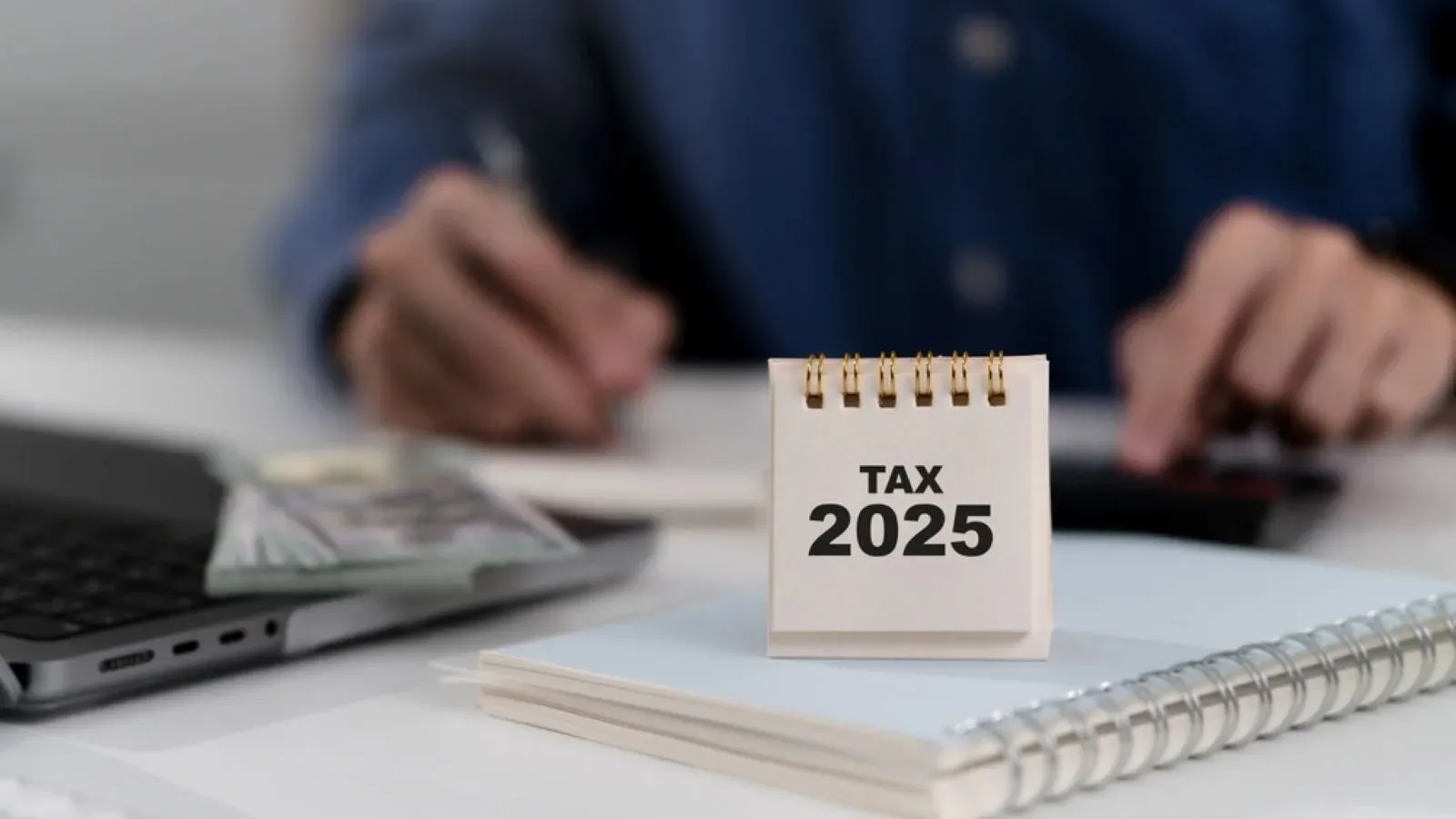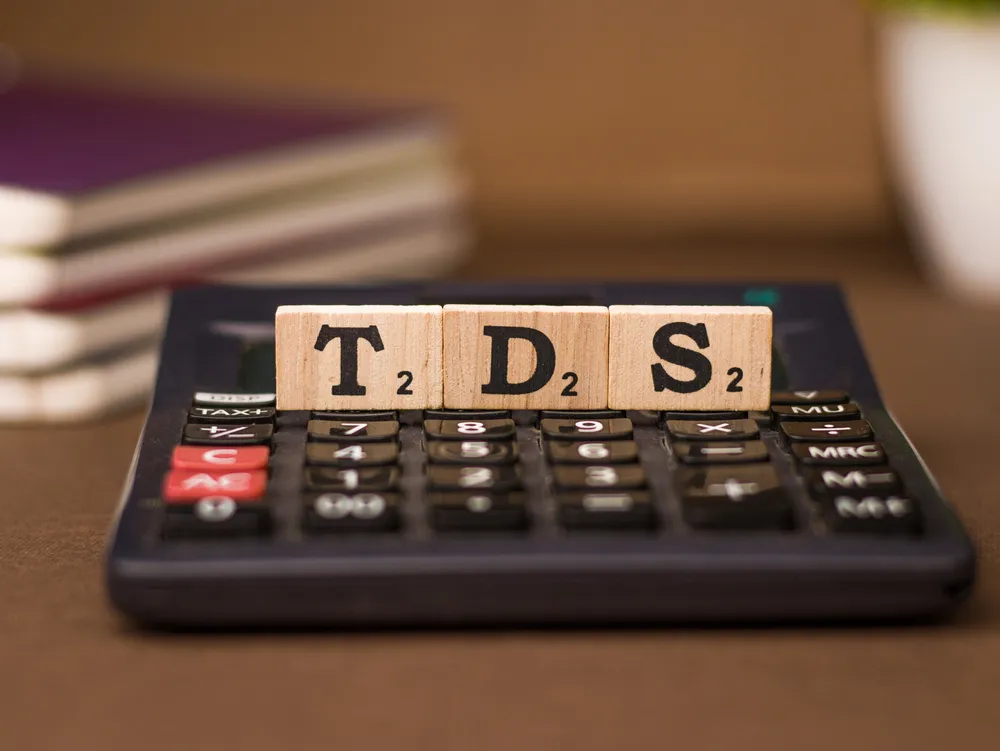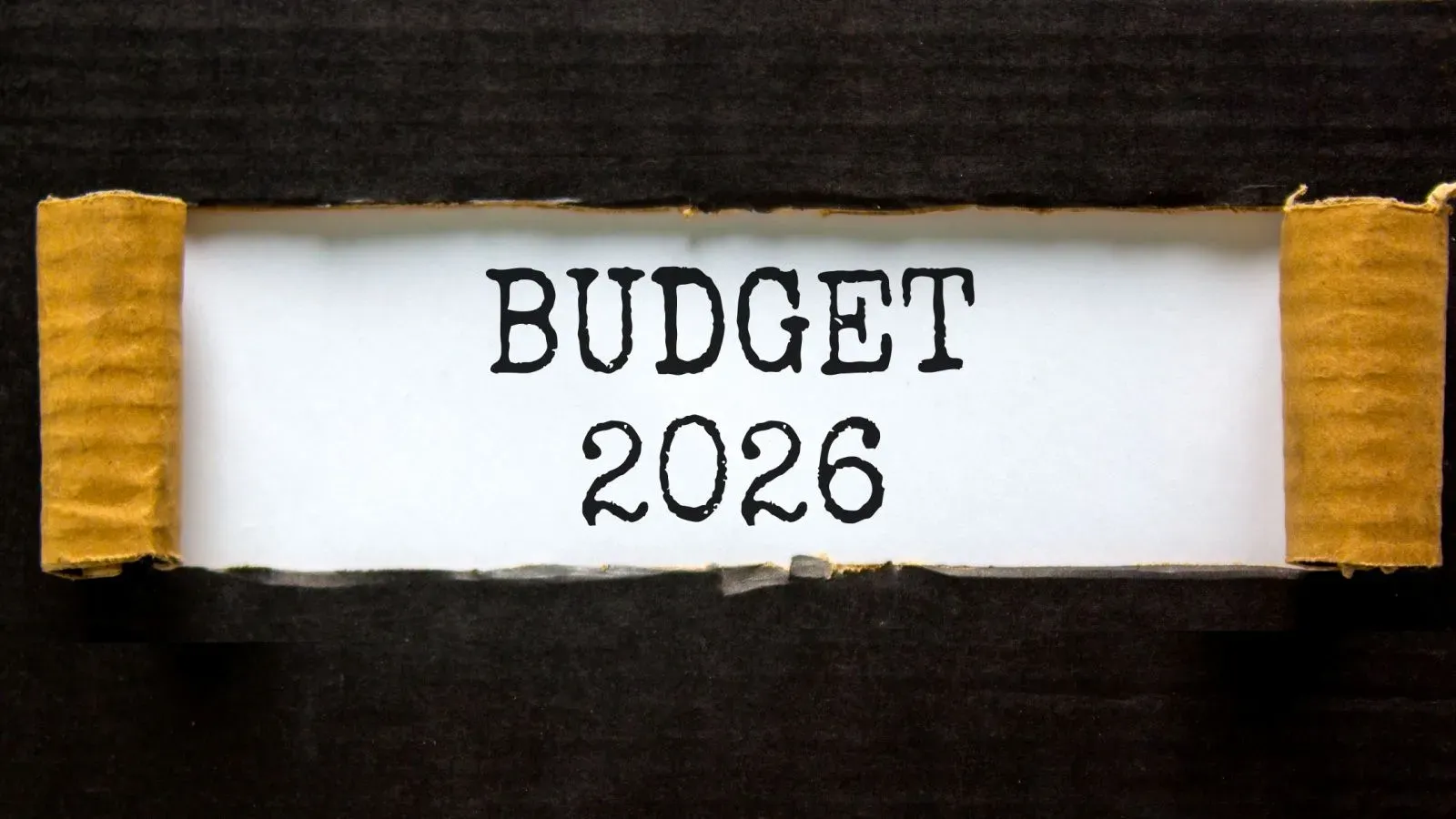Personal Finance News
Can my son file ITR-U to claim income tax refund on higher house rents paid in FY 2022-23, FY 2023-24?

5 min read | Updated on March 28, 2025, 18:52 IST
SUMMARY
ITR-U under Section 139 (8A) has been provided to help taxpayers who may not have reported certain incomes or made errors in their ITRs filed two years back. It's a good way to fix tax records by paying tax on an undisclosed income from the past.

ITR-U is not like the normal ITR. | Image source: Shutterstock
It seems there is a lot of confusion around the updated return (ITR-U) among taxpayers. More so, because the income-tax department has been sending text messages to taxpayers, reminding them to file ITR-U for AY 2022-23 (FY 2021-22) before the due date on March 31, 2025.
In this article, we have answered three such queries, followed by details about who is not required to file ITR-U. We believe it will help all readers who have written to us in the last few days.
The answer is no. ITR-U cannot be filed to claim a higher tax refund for previous years.
Replying to Singh's query, CA Dr Suresh Surana said: "In your son's case, where the main objective of filing an updated return is to claim a refund due to the incorrect reporting of house rent in the original return, Section 139(8A) does not allow the filing of an updated return, as it would result in a refund or an increased refund. Further, the due date for filing of revised return u/s 139(5) for both the years has already lapsed. Therefore, your son cannot use this provision to claim a refund."
The answer to this query is simple. Don't respond if you are not "eligible". We have explained who is not required to file ITR-U and some more details in the latter part of this article that will help.
The answer is to ignore the message, as per the details she has shared. One cannot file ITR-U if there is no additional tax liability. In Madhu's case, the total taxable income for FY 2021-22 was only ₹4.9 lakh. She would have paid no tax on this amount on filing the normal ITR under both old and new tax regimes in AY 2022-23.
However, we would like to suggest that Madhu should file ITR every year, even if the tax liability is zero. The due date of ITR filing for salaried employees for FY 2024-25 (AY 2025-26) is July 31, 2025.
Things to know about ITR-U
First and foremost, ITR-U is not like the normal ITR that a taxpayer needs to file every year.
This facility, under Section 139 (8A), has been provided to help taxpayers who may not have reported certain incomes or made errors in their ITRs filed two years back. It's a good way to fix tax records by paying tax on an undisclosed income from the past to avoid any trouble from the tax department in the future.
Dr Surana says that a taxpayer is permitted to file an updated return under Section 139(8A) of the Income Tax Act, 1961, "to rectify any errors, omissions, or discrepancies in the originally filed return."
The ITR-U can be used to correct mistakes in the income or tax details provided in the return, including issues such as incorrect reporting of income, deductions, or other relevant information, even after the end of the assessment year.
Who is not required to file ITR-U?
Although the tax department is sending reminders, ITR-U filing is not required in the following cases:
-
If you have already filed ITR-U
-
If you want to file a nil return
-
If you want to claim a refund, or you want to claim a higher refund
-
If the updated return will show a lower tax liability than what you paid in the missed year
-
If the tax department has started search proceedings against you under section 132, or conducted a survey under 133A, or seized books/documents/assets or called for them under section 132A.
-
If there is no additional tax liability on you
-
If the tax assessment/reassessment/revision/re-computation is pending before the tax department or has been completed.
When is ITR-U filed?
A taxpayer can generally file an updated return 24 months from the end of the relevant assessment year to ensure that their tax records are accurate.
Related News
By signing up you agree to Upstox’s Terms & Conditions
About The Author
Next Story





